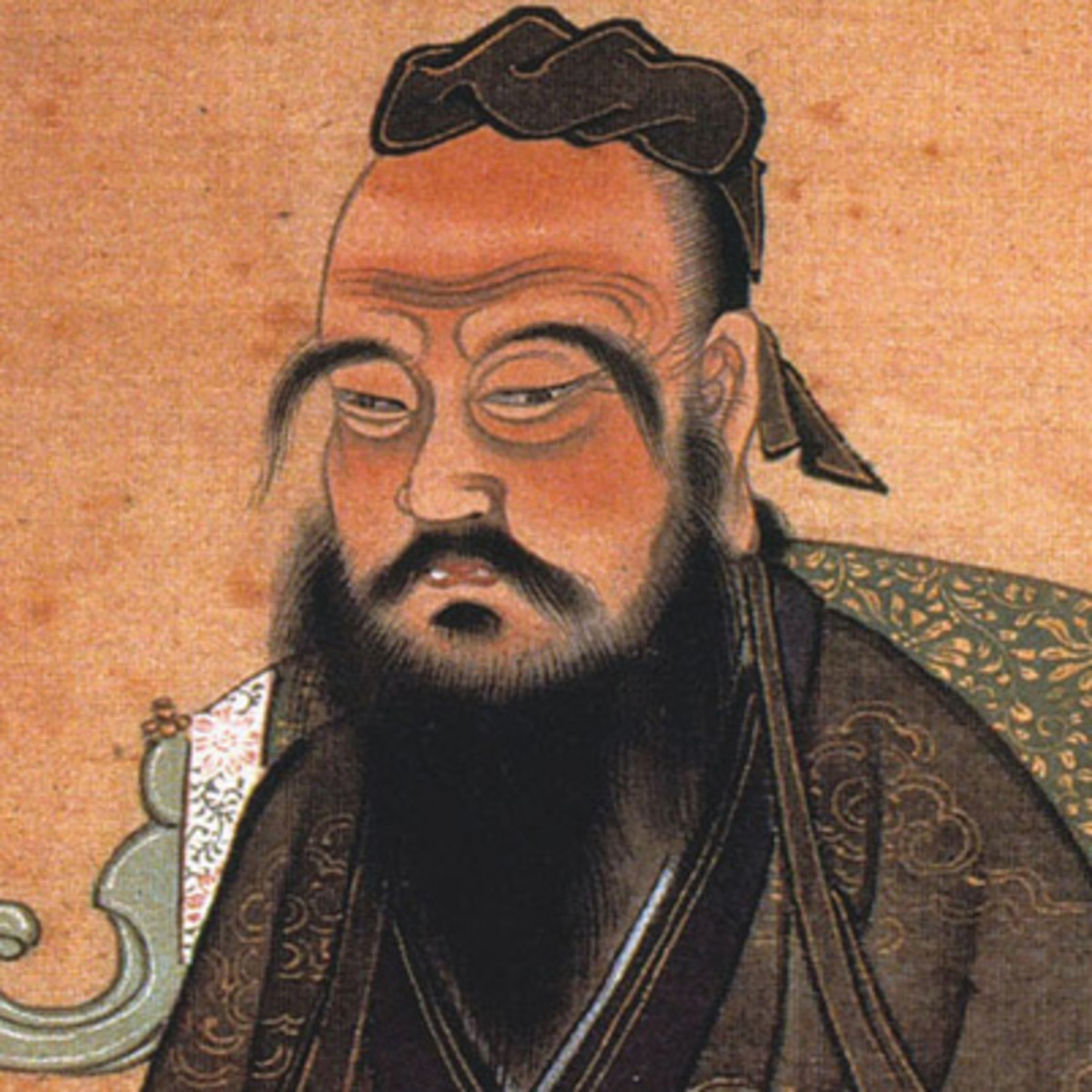
Confucius
Biography
Confucius (551 B.C. to 479 B.C.), also known as Kong Qui or K’ung Fu-tzu, was a Chinese philosopher, teacher and political figure. His teachings, preserved in the Analects, focused on creating ethical models of family and public interaction and setting educational standards. After his death, Confucius became the official imperial philosophy of China, which was extremely influential during the Han, Tang and Song dynasties.
Family and Early Life
Little is known of Confucius’ childhood. Records of the Historian, written by Ssu-ma Chi’en (born 145 B.C.; died 86 B.C.) offers the most detailed account of Confucius’ life. However, some contemporary historians are skeptical as to the record’s accuracy, regarding it as myth, not fact.
According to Records of the Historian, Confucius was born into a royal family of the Chou Dynasty. Other accounts describe him as being born into poverty. What is undisputed about Confucius’ life is that he existed during a time of ideological crisis in China.
Career
He was the first teacher in China whose aim was to make education available for all. In his 30s (around 519 B.C), he adopted teaching as a career in order to fulfill his aspiration of making teaching a vocation. His command on six arts namely calligraphy, ritual, charioteering, arithmetic, music and archery and his knowledge about history, classical traditions and poetry aided him in this.
It was in 501 B.C or when he was in his late 40s that he stepped into politics and was appointed the governor of a town in Lu state. At that time this was considered to be a minor position. He then served as minister of public works. However, he eventually became the “Minister of Crime” in Lu state.
The Lu state was headed by a ruling ducal house and there were three aristocratic families under the duke, whose heads held hereditary positions in the Lu bureaucracy. Confucius wanted to return the authority of the state to the duke and establish a centralized government. This was not possible without dismantling the fortifications of the city-strongholds belonging to the three aristocratic families.
He achieved considerable success in his plan but could not achieve the reforms that were aimed at restoration of the legitimate rule of the duke. In the process, he had made powerful enemies within the state.
He is believed to have departed his homeland in 497 BC after his support for the failed attempt of dismantling the fortified city walls of the powerful Ji, Meng, and Shu families. He left the state of Lu without resigning, and did not return as long as Viscount Ji Huan was alive.
According to another source (shiji), Confucius’ involvement in the government of the Lu state became a reason of distress for the neighboring state of Qi. Qi state was worried that Lu might become powerful so it tried to lure the Duke of Lu by sending him 100 horses and 80 beautiful dancing girls. The Duke was lured and indulged himself in pleasure and did not attend to official duties for three days. This left Confucius highly disappointed. Around 498 B.C he resigned and began travelling to north-east and central China where he propounded his political beliefs.
